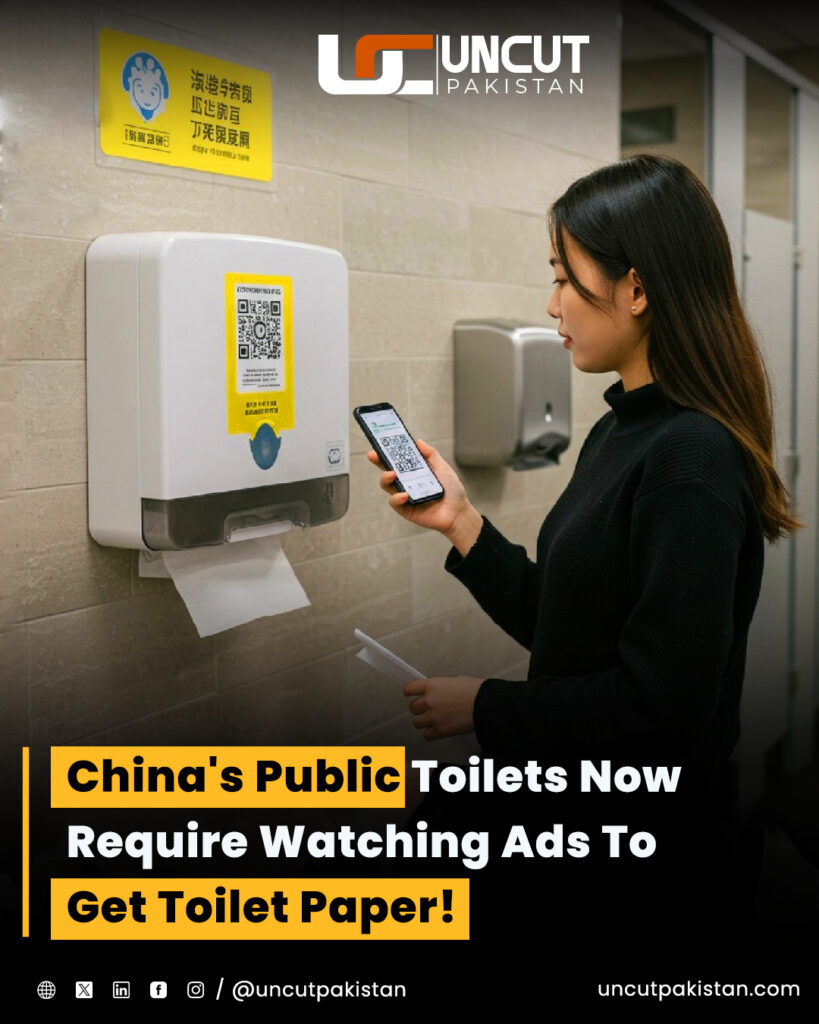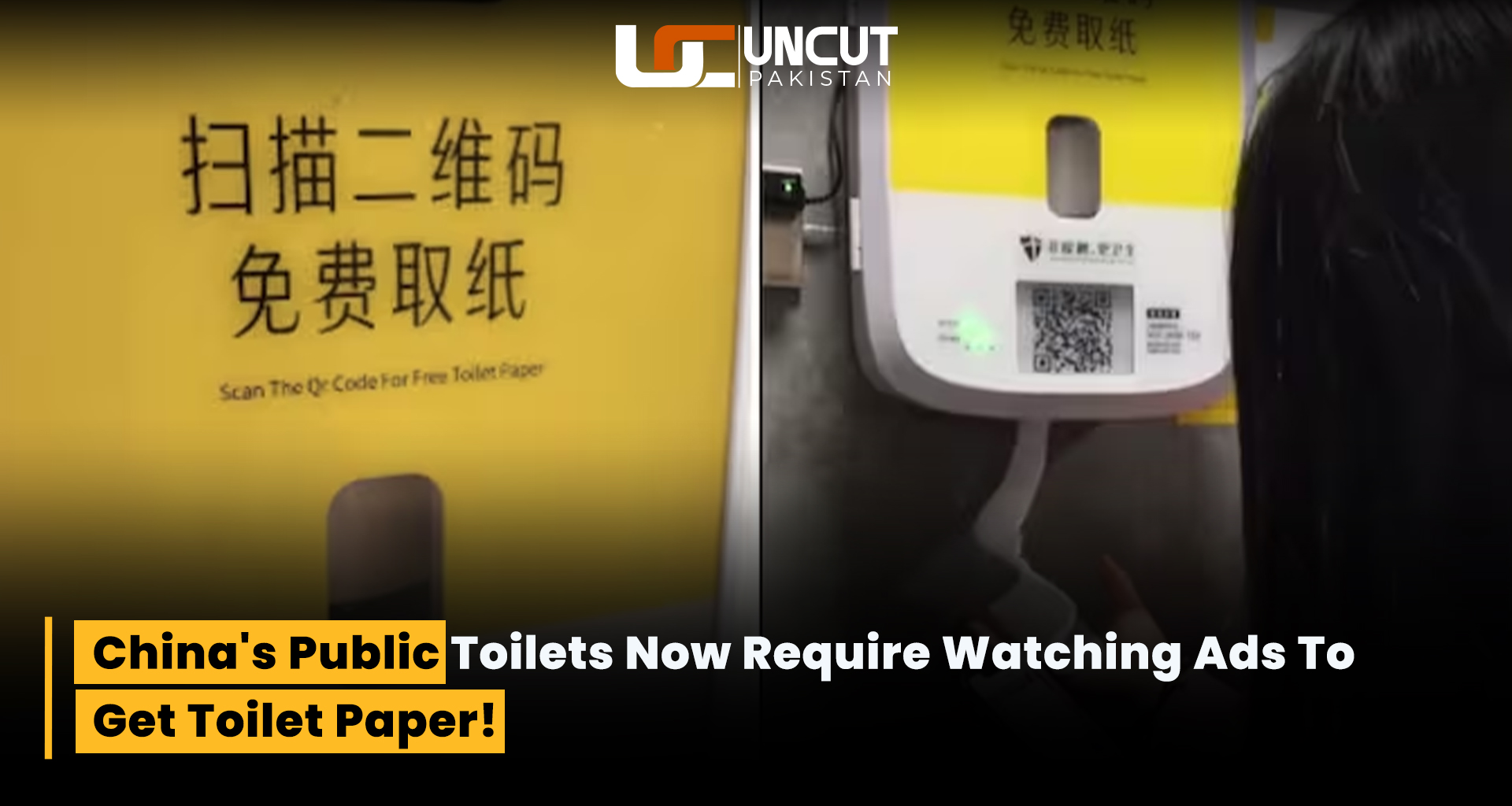Introduction
In a surprising turn of events, China has introduced a new system in public toilets where citizens and visitors must watch advertisements to receive toilet paper. This initiative, currently being implemented in several cities, aims to curb wastage, promote eco-friendly practices, and generate revenue through digital advertising. The unusual requirement has quickly gone viral worldwide, sparking debates over convenience, privacy, and practicality.
How the System Works
The new “Smart Toilet Paper Dispensers” are equipped with digital screens. Here’s how the system functions:
Officials argue that this system will reduce unnecessary wastage, as people often take more paper than required. By controlling distribution and linking it to ad-watching, authorities expect both economic and environmental benefits.

Why China Introduced This Idea
China has one of the world’s largest populations, making public resources extremely strained. Toilet paper wastage has been a long-standing issue, particularly in busy tourist spots and metropolitan areas. Authorities claim that millions of rolls are wasted annually, adding unnecessary costs to city budgets.
By merging technology with advertising, the government hopes to:
Public Reaction and Criticism
While some people view this as an innovative and eco-friendly idea, many have criticized it for being inconvenient and invasive.
- Supporters say it will make citizens more responsible while also providing a new advertising platform.
- Critics argue that it’s embarrassing and uncomfortable to be forced to watch ads in such a private setting.
- Concerns have also been raised over privacy issues, as many of these machines have cameras and facial recognition technology to prevent users from taking extra paper.
Social media platforms in China and abroad are buzzing with memes, jokes, and heated discussions, with many calling it “capitalism at its most awkward.”
Global Attention
This story has gone viral globally, with international media highlighting it as a symbol of how far technology-driven governance in China can go. Some analysts suggest it could set a precedent for other overpopulated nations to adopt similar “controlled distribution” methods for public resources.
Conclusion
The move to require people to watch ads for toilet paper in China’s public toilets is a blend of innovation and controversy. While it may successfully curb wastage and generate revenue, it raises serious concerns over convenience, privacy, and dignity. Whether this model will expand nationwide or face resistance remains to be seen, but one thing is clear—it has caught the world’s attention.

